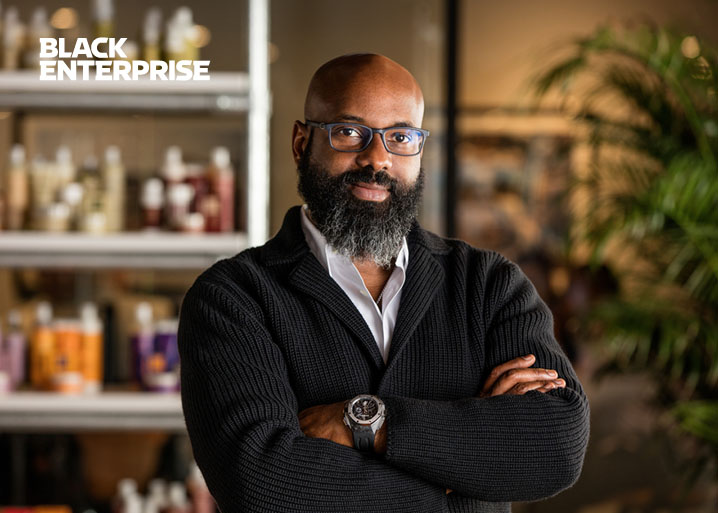[ad_1]
In an extraordinary new development, funding for black businesses is flourishing. More than $370 million has been raised or planned this year to back black venture capitalists. However, the percentage that will go to black businesses, remains to be seen.
The growing trend is phenomenal as black businesses for years have struggled to accumulate capital from mainstream financiers to startup or expand businesses.
[Related Story: 7 BEST VENTURE CAPITALISTS FOR BLACK ENTREPRENEURS]
Take Base 10 Partners. The San Francisco-based venture capital firm started last year announced in September 2018, it has raised $137 million to invest in fresh startup firms operating in logistics, waste management, real estate, and other industries. Led by black investor Adeyemi Ajao, co-founder and managing partner, Base 10 is among the first venture-backed funds to raise more than $100 million in its debut fund, technology website Venture Beat reported.
More investments initiated by black entrepreneurs include SheaMoisture founder Richelieu Dennis’s $100 million New Voices Fund and the $36 million Backstage Capital fund led by venture capitalist Arlan Hamilton. The funds will be used to empower women of color entrepreneurs and invest in black female founders. Hollywood actor Will Smith has teamed with Japan’s World Cup soccer star Keisuke Honda to start The Dreamers Fund, a Los Angeles-based venture capital fund. It intends to raise $100 million of Japanese money to invest in U.S. startups fixed on social issues, Ebony reported.
The investments come as entrepreneurs, particularly black businesswomen, are making some progress with VC funding. But they still have a long way to go. The number of black women who raised up to $1 million from VC firms more than tripled from 11 to 34 over the past two years, Black Enterprise disclosed, basing its findings on the 2017 ProjectDiane report. The study also revealed that combined funds gathered by black women founders rose from $50 million in 2016 to nearly $250 million in 2017.
The downside is that have women compiled much less funding than startups run by men, who pulled in $2.1 million on average. And possibly more amazing, the median funding raised by all black women is $0. That translates into most black women-led startups amassing no funding.
Another obstacle is minorities have not been big players in the venture capital industry on the job front. For instance, black employees made up just 3% of the venture workforce, while Hispanic or Latino employees accounted for 4%, a recent survey by the National Venture Capital Association and Deloitte shows.
The low numbers raise the question: How much in investment dollars will actually reach businesses owned or managed by minorities, including blacks?
Still, a larger supply of funding and black entrepreneurs creating business concepts are attracting the attention of venture capitalists. Those are among the contributing factors for the recent rise in the number of VC funds targeted for black firms.
Venture capital investment rose to over $84.2 billion in the U.S. in 2017, a record and the strongest year for such investment since the dot-com bubble, according to Venture Pulse, a quarterly report by KPMG that tracks VC trends.
Part of the reason for the current focus on black firms is the relative “overabundance of good ideas in the black community,” says William Michael Cunningham, a Washington, D.C.-based economist and banking expert. He added, since black startups have not been able to get capital, and since white startups have been flooded with capital, good startup business ideas reside in the black community more so than the white community.
“Black companies have simply been unable to implement and execute their ideas. As the VC community looks for good ideas, they will find a lot of them in the community they overlooked.”
And higher demand for capital could be prompting venture capitalists to now look more at black firms. Cunningham says as black women start more businesses, the demand for business capital grows. “As more and more have success, this encourages other black females to start firms in a virtuous cycle.”
He says even with the recent marked increase in VC funding for black firms, the acid test going forward will be if that level of funding will continue.
More importantly, he added, a key metric will be if black firms can secure a larger percentage of the total amount of venture capital funding in a given year.
“That would show whether or not this increase in funding is authentic and sustainable over the long term.”
[ad_2]
Source link


